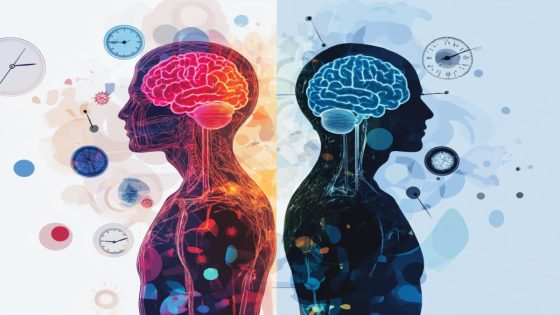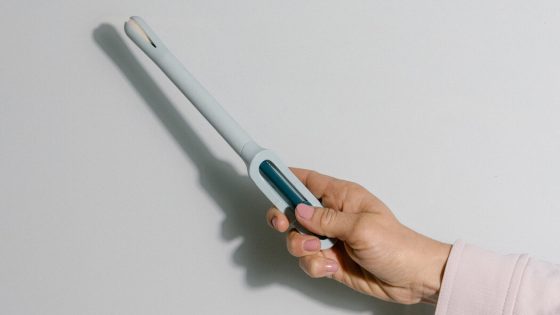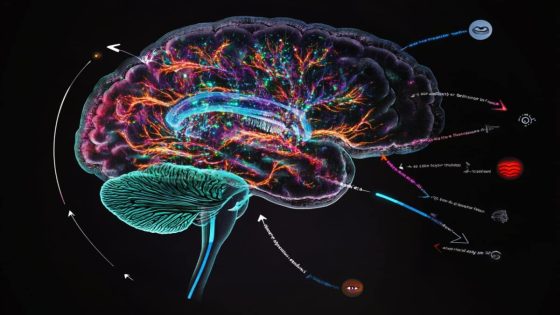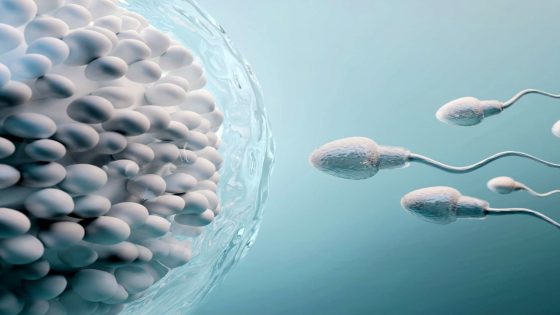A recent study highlights a concerning link between biological age and dementia risk. Individuals whose biological age exceeds their chronological age face a 30% higher likelihood of developing dementia, as revealed in research published on 2025-05-02. This finding underscores the importance of understanding how our bodies age beyond just the number of years we’ve lived.
- Biological age linked to dementia risk
- 30% increased risk for advanced biological age
- Brain changes include gray matter loss
- Lifestyle factors influence biological age
- Study involved 280,918 participants
- Research funded by Chinese government
Biological age, determined by various health biomarkers, reflects the overall health of our body systems. This study suggests that lifestyle choices may play a crucial role in influencing biological age and, consequently, dementia risk. Can modifying our habits truly impact our brain health?
The implications of this study raise an important question: How can we effectively manage our biological age? While the research shows an association rather than causation, it emphasizes the potential for lifestyle interventions to slow biological aging.
- Adopt a balanced diet rich in fruits, vegetables, and whole grains.
- Engage in regular physical activity to enhance overall health.
- Prioritize mental exercises, such as puzzles or reading, to stimulate brain function.
- Avoid smoking and limit alcohol consumption to protect brain health.
As we navigate the complexities of aging, it’s vital to consider how our daily choices shape our health. Taking proactive steps today could lead to a healthier brain tomorrow.

































